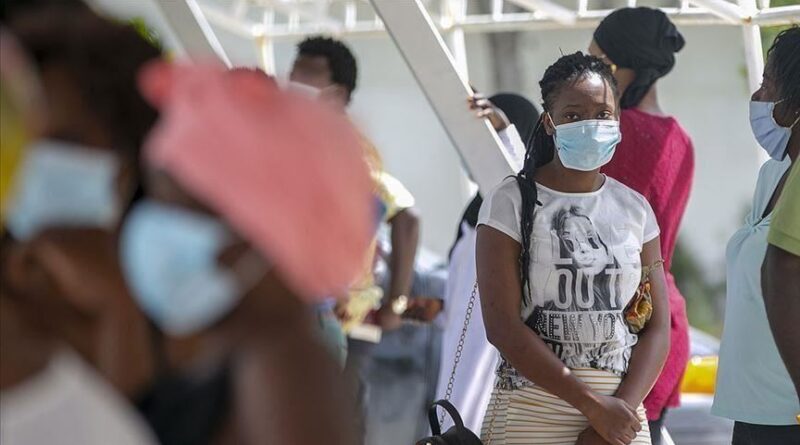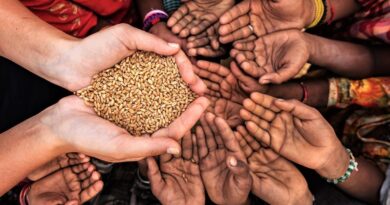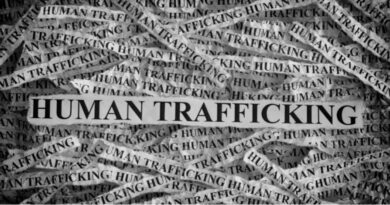COVID-19: Nigeria’s Challenge, Triumph, and Recovery.
This february marks the anniversary of the advent of Covid-19in Nigeria. The COVID-19 pandemic remains one of the most defining global crises in recent history. What started as a mysterious outbreak in Wuhan, China, at the end of 2019 quickly escalated into a worldwide emergency, affecting millions of lives and altering the course of history. As we mark another anniversary of the pandemic, it is essential to look back at how it all began, how it spread, how it reached Nigeria, and the impact it had on individuals, families, and the nation at large.
Nigeria confirmed its first case of COVID-19 on February 27, 2020. The index case was a 44-year-old Italian businessman who arrived in Lagos from Milan, Italy, on February 24. He later fell ill and was diagnosed with the virus, prompting swift action by the Nigerian government and health authorities. Despite efforts to contain it, the virus spread across the country, affecting various states and communities.
The arrival of COVID-19 in Nigeria led to drastic changes across the nation. The federal government implemented lockdown measures, initially affecting Lagos, Ogun State, and the Federal Capital Territory (FCT). The lockdown extended nationwide as cases surged, leading to school closures, business shutdowns, and restrictions on social gatherings.
The economic impact was severe, especially for daily wage earners and small business owners who struggled to make ends meet. Many Nigerians found it challenging to access basic necessities, and the distribution of palliatives often led to controversies and unrest in different parts of the country. Prices of goods skyrocketed, and unemployment rates increased as businesses shut down permanently.
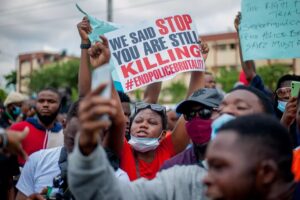
Nigeria’s healthcare system was put to the test during the pandemic. Hospitals and isolation centres were overwhelmed, with inadequate facilities and a shortage of personal protective equipment (PPE) for health workers. Many frontline workers risked their lives daily, some succumbing to the virus due to poor working conditions. The government and private sector worked to set up emergency response teams, increase testing capacity, and provide treatment for infected patients.
See Also: Esa-oke Chieftaincy: Police Officers Wounded In Civil clash
There was also a rise in misinformation, with many Nigerians believing conspiracy theories about the virus. Some doubted the existence of COVID-19, which made enforcing safety measures like mask-wearing and social distancing difficult. Religious and traditional beliefs further complicated efforts to combat the pandemic. The virus claimed thousands of lives in Nigeria, affecting both the old and young, rich and poor. Many families lost loved ones, and the nation mourned some prominent figures, including top government officials, business leaders, and health workers who succumbed to the virus.
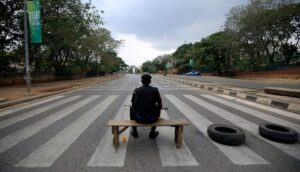
However, many Nigerians also survived the virus, thanks to improved healthcare measures, natural immunity, and global medical research efforts. The introduction of COVID-19 vaccines in early 2021 brought hope, though vaccine hesitancy slowed down the immunisation process. The government and health agencies launched campaigns to educate Nigerians on the benefits of vaccination, leading to an increase in uptake over time.
Despite the challenges, Nigerians showed incredible resilience. As the country gradually reopened, businesses adapted by going digital, schools adopted online learning, and remote work became more common. The entertainment industry also found ways to thrive through virtual concerts and content creation on social media platforms.
The government focused on economic recovery plans, including financial support programs and incentives for small and medium enterprises (SMEs). By 2022, restrictions had been lifted, and life slowly returned to normal, though the effects of the pandemic continued to linger.
The COVID-19 pandemic was a wake-up call for Nigeria. It highlighted the need for better healthcare infrastructure, improved emergency preparedness, and stronger government policies for crisis management. It also underscored the importance of self-sufficiency in medical supplies and vaccine production.
As we reflect on the anniversary of COVID-19, we remember those we lost, appreciate those who fought tirelessly on the frontlines, and celebrate the resilience of the Nigerian people. The pandemic reshaped our nation, but it also proved that Nigerians have an unbreakable spirit, capable of overcoming even the toughest challenges.
Content Credit| Oyedepo Oluwafifedoyinsola Precious
Picture Credit | https://www.aa.com.tr/

